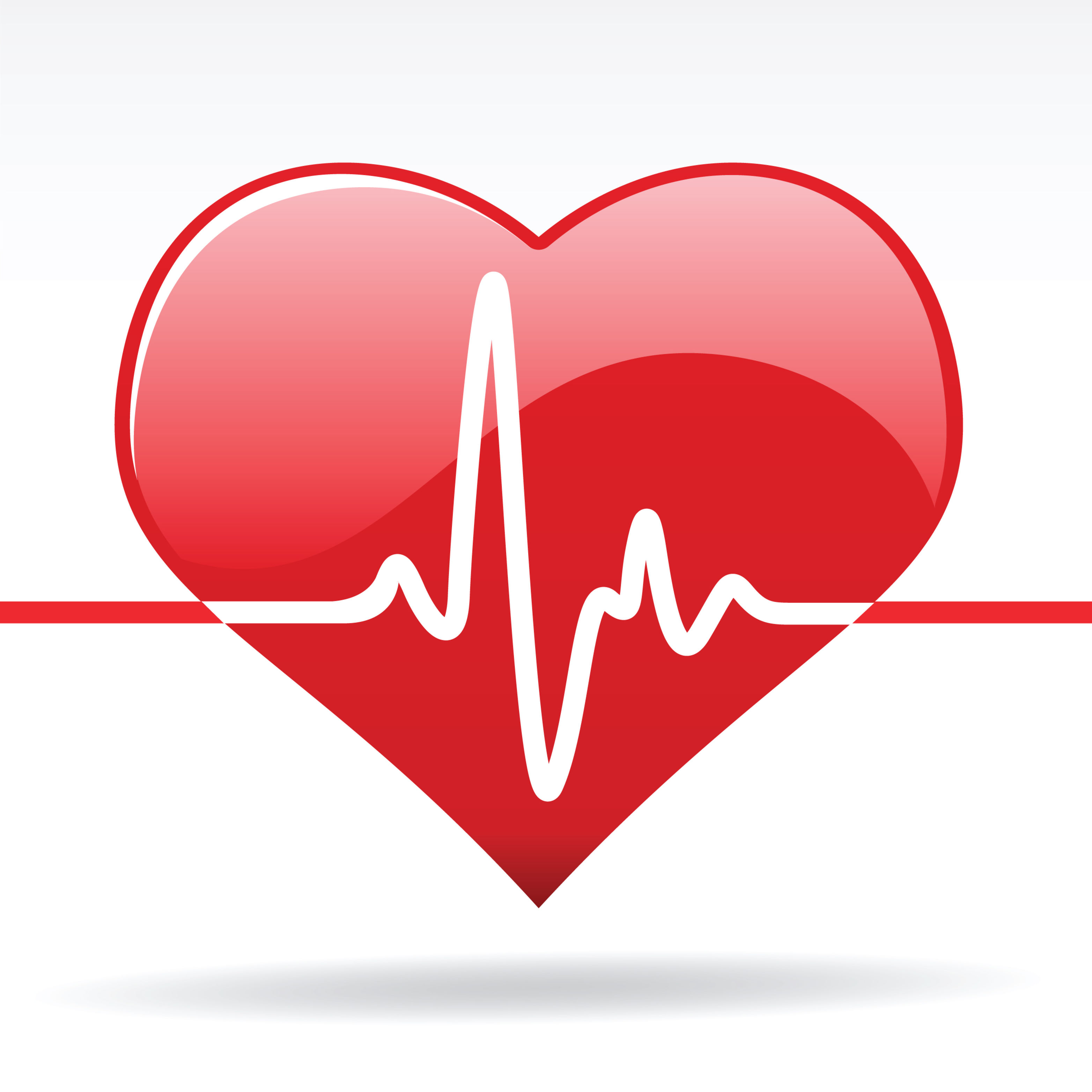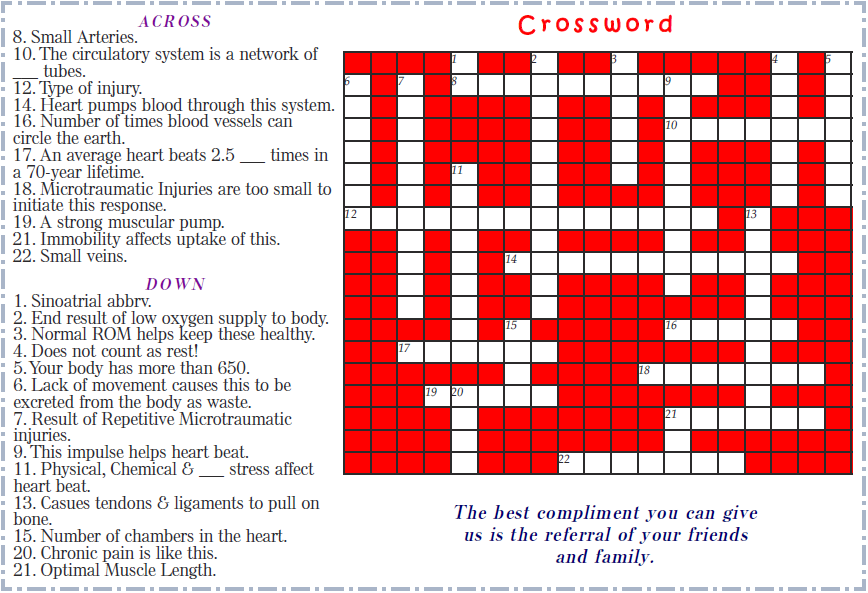The normal heart is a strong, muscular pump a little larger than a fist. It pumps blood continuously through the circulatory system. Each day the average heart “beats” (expands and contracts) 100,000 times and pumps about 2,000 gallons of blood. In a 70-year lifetime, an average human heart beats more than 2.5 billion times.
The circulatory system is the network of elastic tubes that carries blood throughout the body. It includes the heart, lungs, arteries, arterioles (small arteries), and capillaries (very tiny blood vessels). These blood vessels carry oxygen- and nutrient-rich blood to all parts of the body. The circulatory system also includes veins and venules (small veins). These are the blood vessels that carry oxygen- and nutrient-depleted blood back to the heart and lungs. If all these vessels were laid end-to-end, they’d extend about 60,000 miles. That’s enough to encircle the earth more than twice.
The circulating blood brings oxygen and nutrients to all the body’s organs and tissues, including the heart itself. It also picks up waste products from the body’s cells. These waste products are removed as they’re filtered through the kidneys, liver and lungs.
A heart’s four chambers must beat in an organized manner. This is governed by an electrical impulse. A chamber of the heart contracts when an electrical impulse moves across it. Such a signal starts in a small bundle of highly specialized cells in the right atrium — the sinoatrial node (SA node), also called the sinus node. A discharge from this natural “pacemaker” causes the heart to beat. This pacemaker generates electrical impulses at a given rate, but physical, chemical & emotional stress can affect its rate of discharge. This lets the heart rate respond to varying demands.
Why should I stay active? Lack of mobility decreases the demand on your heart and lungs which weakens them. Now the heart has to work harder to accomplish the tasks that use to be easy. There is also less blood circulated and therefore less oxygen available for your body. This leads to tissue degeneration and atrophy of muscles.
Take care of your health starting today by eating right, exercising, and reducing stress in your life -and in doing so you will make your heart stronger for years to come!






